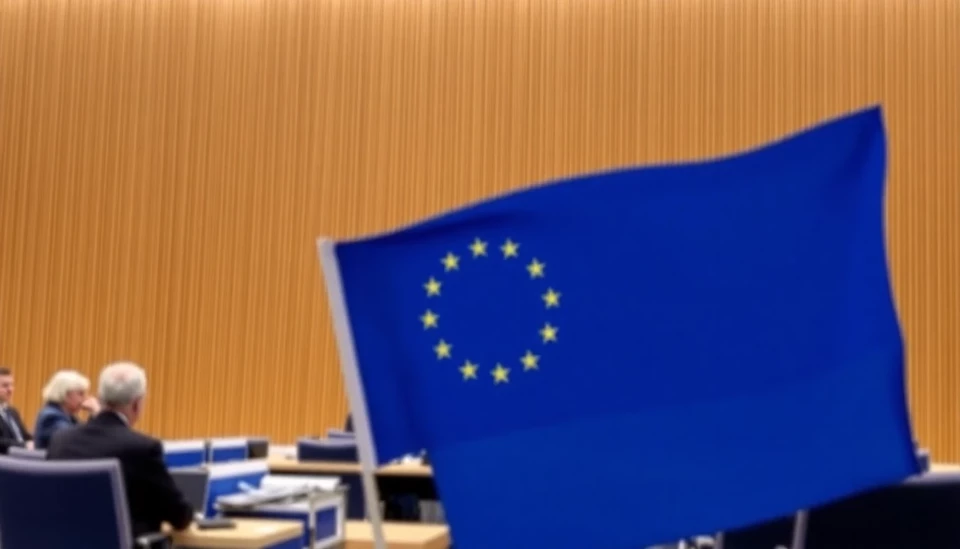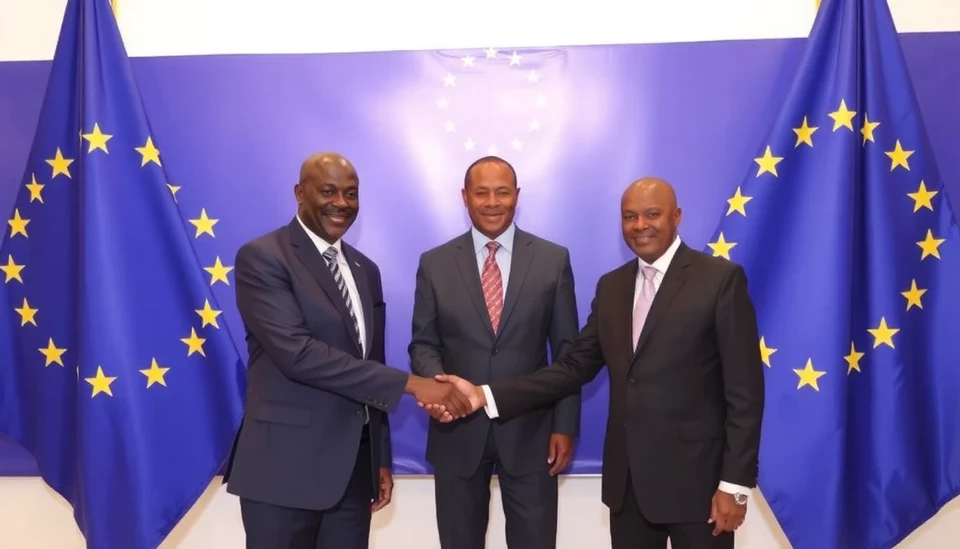
In a significant development ahead of the upcoming COP29 climate conference, the European Union has formalized its stance on climate policy and sustainability measures. This decision was reached during a pivotal meeting of EU leaders, who congregated to unite their efforts in combating climate change as global temperatures continue to rise.
The EU's strategy emphasizes a comprehensive approach to tackling carbon emissions, fostering renewable energy sources, and implementing strategies to meet the ambitious climate targets set by various international agreements. Despite the optimistic framework, one of the most pressing issues remains unaddressed - the financial commitments that participating nations will need to allocate for these initiatives. Leaders acknowledged the importance of financing but did not provide concrete figures or specifics on funding allocations.
As the clock ticks down to COP29, which is set to take place in mid-November, the lack of clarity on financial matters has raised concerns among environmental groups and activist organizations. They argue that without a clear understanding of the financial underpinnings, effective implementation of proposed plans could be severely hampered. The absence of a solid financial strategy may also threaten the EU's credibility on the global stage, particularly among developing nations, which rely heavily on international funding to advance their own climate initiatives.
While the EU has committed to significant domestic measures aimed at reducing its carbon footprint, questions linger regarding how these initiatives will be funded over the coming years. The expectation is that leaders will need to revisit discussions around both public and private financing mechanisms to support these ambitious goals.
In recent weeks, eco-activists have ramped up calls for a more robust financial framework to support climate initiatives. They contend that financing is crucial not only for developing nations but also for fostering innovation and technological advancements in established economies. As such, the upcoming discussions at COP29 will be critical for establishing a path forward.
Overall, while the EU has made strides in defining its climate stance, the silence on financial contributions has left many stakeholders anxious about the future. The discussions at COP29 will undoubtedly center on these issues, as nations seek to solidify their commitments to a sustainable future while grappling with the economic realities of implementing these essential strategies.
As the EU prepares for COP29, the question remains: can they meet their climate goals without addressing the crucial issue of financing both domestically and internationally?
#EU #COP29 #ClimateChange #Sustainability #RenewableEnergy #Finance #EnvironmentalPolicy
Author: Megan Clarke




